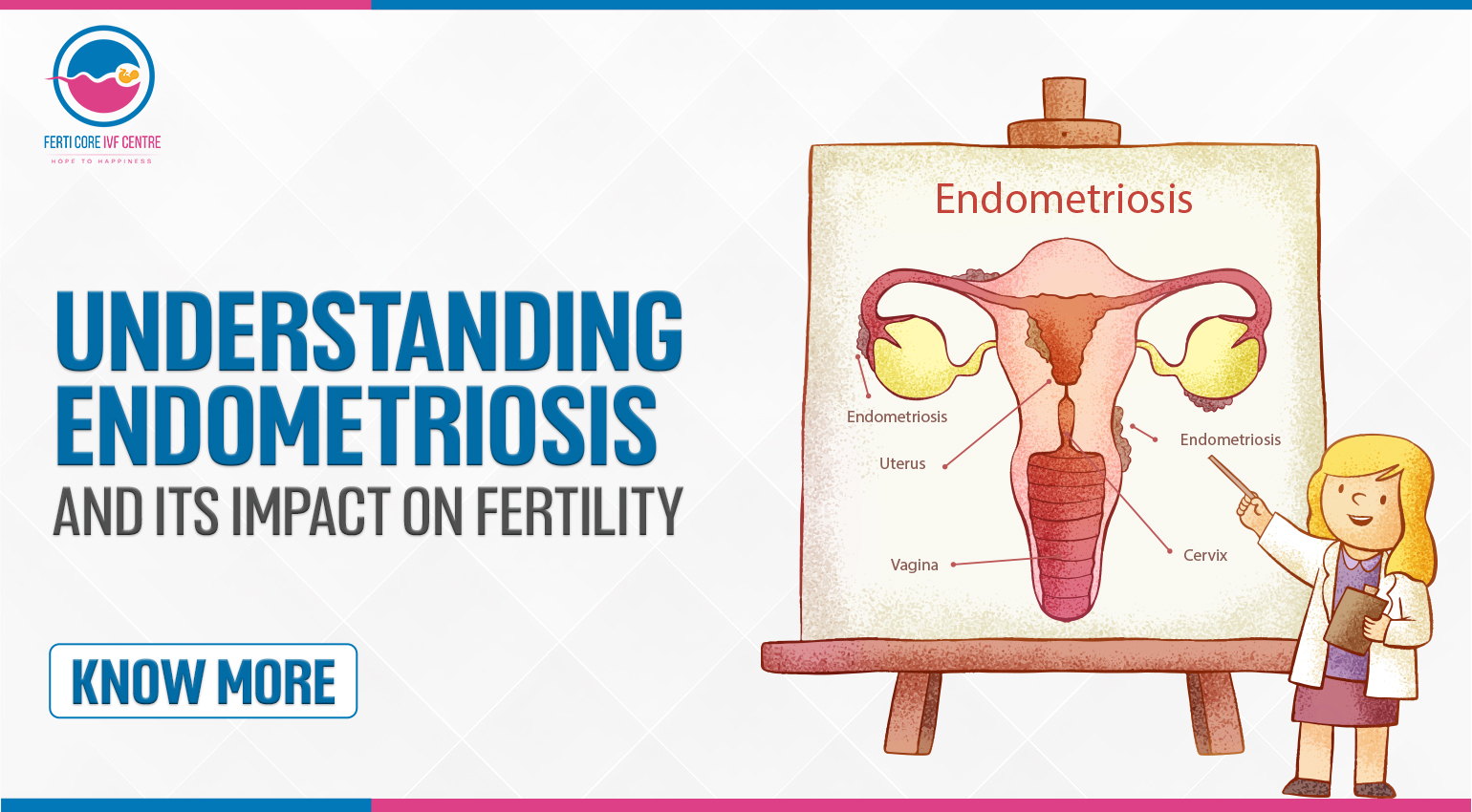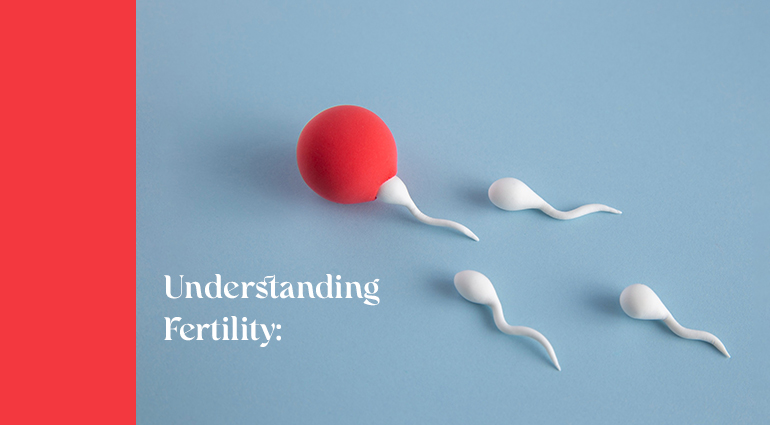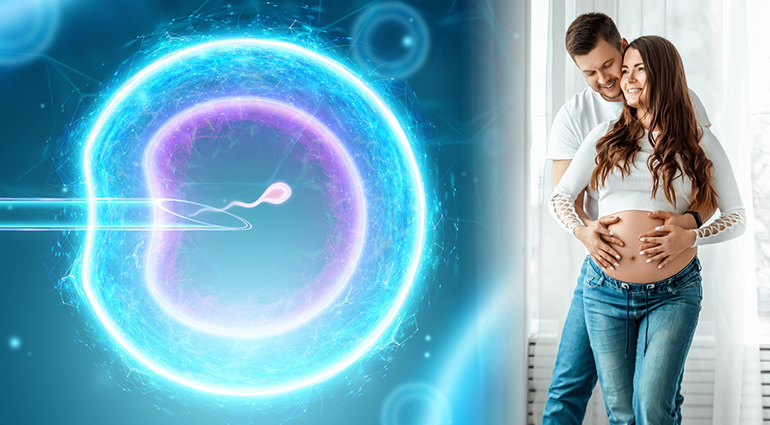Endometriosis is a widespread medical condition that brings about persistent discomfort for numerous women globally. Besides its immediate challenges, endometriosis can profoundly impact fertility. Join us as we delve into the intricate world of endometriosis, examining its various aspects and revealing its potential effects on fertility.
Unveiling Endometriosis
Endometriosis involves the development of tissue resembling the uterine lining outside the uterus, encompassing the ovaries, fallopian tubes, and other pelvic structures. This tissue undergoes similar menstrual changes but lacks an exit route, leading to inflammation, discomfort, and scar tissue formation.
Symptoms of Endometriosis
· Pelvic Pain: Ranging from mild to severe, often intensifying during menstruation.
· Painful Intercourse: Discomfort during or after sexual activity may occur.
· Menstrual Irregularities: Irregular periods, heavy bleeding, or spotting between periods are common.
· Digestive Issues: Endometrial tissue can impact the digestive system, causing bloating, constipation, or diarrhea, especially during menstruation.
· Infertility: Endometriosis can significantly impact fertility, necessitating careful consideration.
Endometriosis and Fertility
While not universal, endometriosis can affect fertility in various ways:
· Distorted Pelvic Anatomy: Tissue outside the uterus can alter pelvic anatomy, disrupting normal reproductive functions.
· Inflammation and Scarring: Chronic inflammation can lead to adhesions or scar tissue, obstructing the fallopian tubes and impeding natural conception.
· Pelvic Environment Changes: Endometriosis can potentially affect the quality of eggs, sperm, and embryos, reducing the likelihood of successful implantation and pregnancy.
Managing Endometriosis and Enhancing Fertility
· Early Diagnosis and Treatment: Prompt recognition and active management in the early stages can significantly improve fertility outcomes, potentially involving laparoscopic surgery for the removal of endometrial implants and scar tissue.
· Medication and Hormonal Therapy: Interventions like birth control pills or GnRH agonists effectively address symptoms and slow down endometriosis progression.
· Fertility Treatments: Assisted reproductive technologies such as in vitro fertilization (IVF) offer a pathway to overcoming endometriosis-related barriers to conception.
· Lifestyle and Dietary Changes: Embracing a healthy lifestyle, including physical activity, a balanced diet, and stress management, can bolster overall well-being and potentially improve fertility.
Conclusion
Endometriosis is a multifaceted condition with significant impacts on a woman’s life, including her fertility. Understanding the link between endometriosis and fertility is crucial for those grappling with this condition. By focusing on early detection, effective treatment, and collaborative efforts with specialists in endometriosis and fertility, women are empowered to make well-informed choices regarding their reproductive well-being. Our aim is to raise awareness and provide support for individuals navigating the path to starting a family amidst the complexities presented by endometriosis.
 Understanding Endometriosis and its Impact on Fertility
Understanding Endometriosis and its Impact on Fertility
 10 Best Foods That Can Enhance IVF Success and Boost Fertility Naturally
10 Best Foods That Can Enhance IVF Success and Boost Fertility Naturally
 Personalized Care in IVF: Tailoring Treatments for Individual Needs
Personalized Care in IVF: Tailoring Treatments for Individual Needs
 Understanding Fertility: Common Causes and Treatments:
Understanding Fertility: Common Causes and Treatments:
 Navigating the IVF Journey: A Step-by-Step Guide
Navigating the IVF Journey: A Step-by-Step Guide
Copyright © 2024 . Designed By Wafi Media Marketing Solutions Pvt. Ltd.